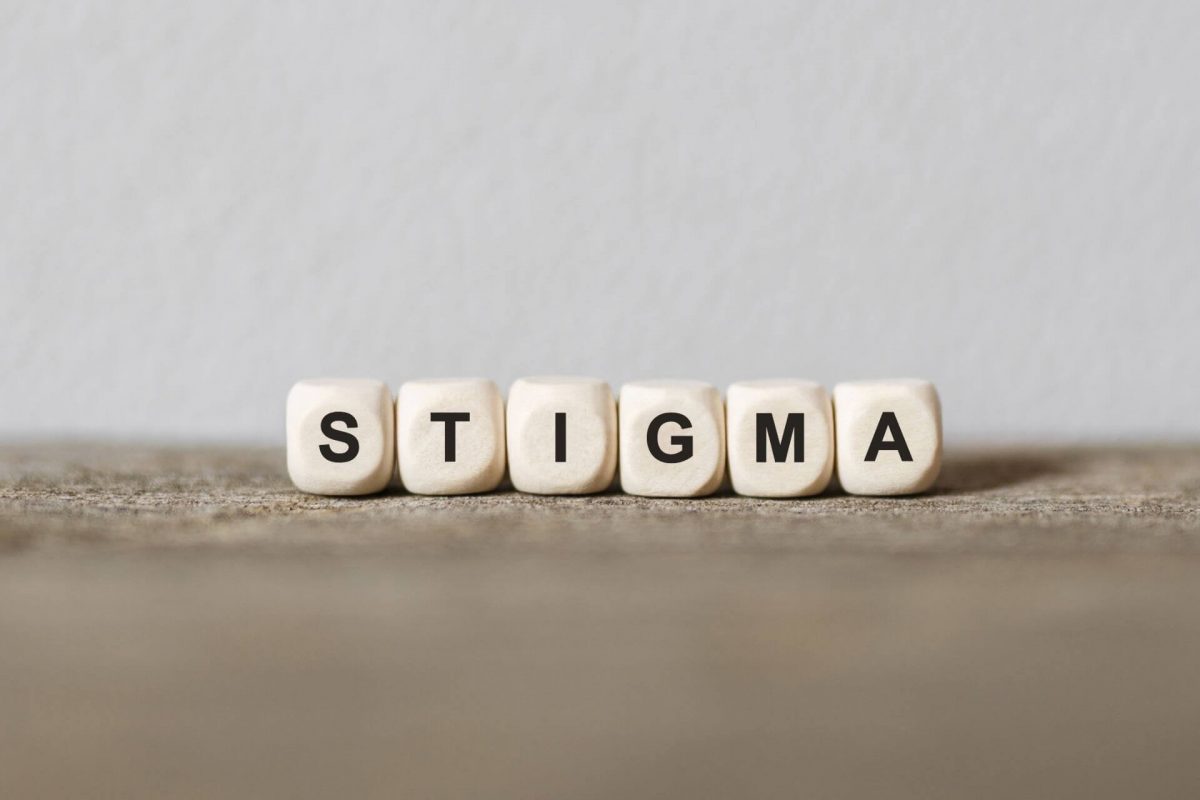Unfortunately, many people who struggle with substance addiction are also more likely to have a co-occurring mental health disorder such as anxiety, depression, post-traumatic stress disorder, or personality disorder.
Dual-diagnosis treatment
Access to dual-diagnosis treatment is imperative for those struggling with addiction and mental illness.
A dual – diagnosis is a term used to describe a substance use disorder and mental illness that occurs within a person simultaneously.
Substance abuse and mental health
Dual – diagnosis is sometimes referred to as co-occurring disorders, where two conditions exist simultaneously, for example, drug addiction and bipolar disorder.
The prevalence rates of mental illness and substance abuse are significantly high.
For example, statistics show that at least 30% of people struggling with an addiction also have a mental illness.
People with a co-ocurring disorder
Substance addiction such as drugs or alcohol is a complicated condition, and it is often the case that substance abuse and a mental health disorder can trigger each other.
For example, those suffering from trauma or depression may turn to drugs or alcohol to numb unpleasant feelings.
Self-medicate
Numbness can be an attractive option for those in psychological distress.
But, sadly, many people struggling with symptoms of mental health very often decide to self-medicate to manage their emotional pain.
What causes disorders such as depression and addiction to co-occur?

There are several reasons why mental health disorders like anxiety and depression co-occur with substance use disorders, most of which are profoundly complex.
However, some research shows that:
- Drugs and alcohol can trigger an existing predisposition for a mental health disorder
- Those with a mental illness are at higher risk of self-medicating as a way of numbing the pain to avoid emotional suffering
- Substance abuse can increase mental health symptoms and cause new symptoms to occur
Risk rates
Unfortunately, people with mental health issues are much more likely to develop alcohol or drug addictions than those otherwise psychologically healthy.
It appears that mental health and substance abuse can be a vicious cycle where having a mental illness makes a person more susceptible to substance abuse, and substance use can worsen mental illness.
Addressing the issue
Mental health and addiction experts explain that addressing mental health disorders and substance abuse is imperative to people getting the proper treatment.
For example, pharmacological interventions for mental illness without acknowledging the presence of a co-occurring addiction can put a person at risk since some prescription medications (such as antidepressants or antipsychotics) may negatively interact with drugs or alcohol.
Triggers
Moreover, those with mental illness and co-occurring substance abuse are at increased risk of relapse and often get confronted with many triggers that further compound their addiction and mental health disorder.
Diagnostic assessment
Co-occurring mental health and substance abuse disorders can be tricky to diagnose and treat since mental health symptoms and substance abuse often mimics one another.
Therefore, therapists treating patients with a dual – diagnosis must strive to effectively separate mental illness symptoms from those observed in substance use disorders.
Although the above can be challenging because without knowing the entire picture of a patient’s health history (including behavioural and mental health), mental health professionals will be unable to customise a treatment plan that addresses the full range of a patient’s needs.
Comprehensive treatment
Those seeking treatment for co-occurring disorders will usually be required to undergo a series of in-depth evaluations and assessments by a psychiatrist specialising in treating addictions.
The above may involve:
- Clinical interviews
- Auxiliary testing to ascertain a diagnosis
- Complex psychological testing tools
Complete evaluation of a co-ocurring disorder
Your treatment team must understand your exact needs and requirements to create a compelling and meaningful intervention and treatment plan to help you achieve wellness and sobriety.
Why is dual-diagnosis treatment so necessary?
Addressing the full – scope of a dual – diagnosis is critical for those struggling with mental health issues and addiction.
Treatment for addiction and mental health disorders
Many years ago, there was some debate about whether mental health professionals should treat the mental illness first and then the addiction (or the other way around).
Fortunately, addiction specialists are more informed about how deeply embedded the connection between addiction and mental illness is on psychological, biological, and environmental levels.
The advantages of dual-diagnosis treatment
Addiction specialists have identified that integrated, comprehensive addiction and mental health treatments produce the best outcomes since such treatment approaches seek to address the full range of behavioural and emotional suffering at the same time.
Advantages
Some of the advantages of dual-diagnosis treatment include:
- The opportunity for people to gain an understanding of the relationship between mental illness and substance addiction and the challenges that each present on the path to recovery
- The opportunity to develop better coping mechanisms instead of turning to drugs and alcohol to deal with emotional pain
- The ability to identify the root cause of addiction, such as underlying trauma and psychological distress
- Having access to a range of evidence-based treatments that address the patient’s full range of needs
- Having access to specific pharmacological therapies that address symptoms of mental health conditions while receiving supportive treatment for substance addiction
The importance of holistic care
To treat co-occurring disorders successfully, one of the most important things to remember is that each person is unique and will respond to treatment differently.
The most effective mental health and addiction treatment methods go way beyond focusing on just a set of symptoms.
Successful dual-diagnosis treatment
Although addiction expertise is a critical component of successful treatment intervention, it is equally vital that such care gets delivered with empathy, understanding and compassion.
For dual-diagnosis patients, the above treatment strategies are much easier to adhere to and respond to, to treat the patient as a human first and foremost and not a condition.
The importance of humility
A lot is going on for people with a dual – diagnosis, and they are likely awash with a mixture of conflicting feelings and emotions.
Compassion and understanding
Holistic treatments, such as dual – diagnosis, are usually tailored to each person’s individual needs and circumstances.
Genuine, successful dual-diagnosis treatments must be encouraging and uplifting and should also honour a person’s unique values and strengths.
The importance of a dual diagnosis approach
The above must be delivered through a wide spectrum of therapies that enhance the person’s quality of life while, at the same time, freeing them from the clutches of addiction and emotional distress.
Reducing the stigma

For dual diagnosis treatment to be effective, there needs to be an enhanced understanding of co-occurring disorders’ genetic, environmental, and neural components.
The above will lead to improved treatment for dual – diagnosis and help reduce the social stigma for patients who are reluctant to seek the treatment they need.
Statistics
Studies show that around 8.9 million people in the population have co-occurring disorders.
Still, only 4.7 per cent of patients receive treatment for both disorders, and perhaps just as shocking, 55.8 percent of people receive no treatment whatsoever for these conditions.
Reaching out
If you think that you or a loved one might be suffering from a co-occurring disorder, please make sure you get in touch with one of our specialists at White River Manor, who will advise you on the next steps.
Living with a mental health condition and substance addiction doesn’t have to be a way of life; help and support are available.
Contact us today to find out more.







